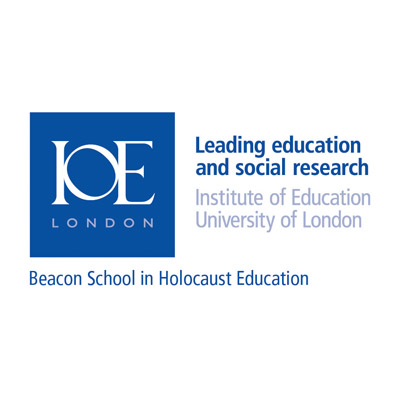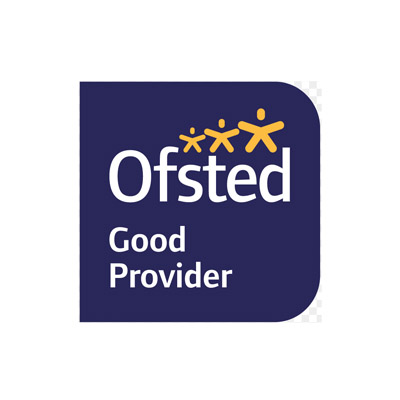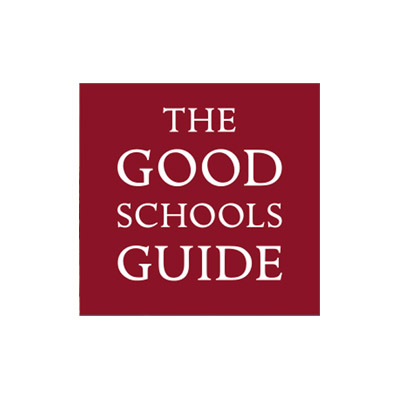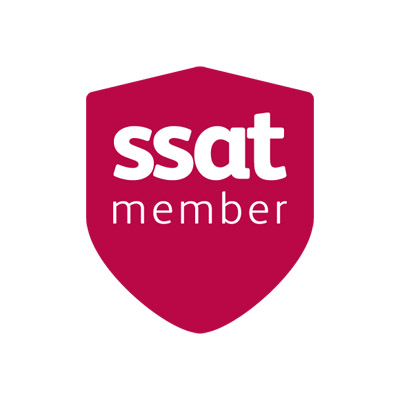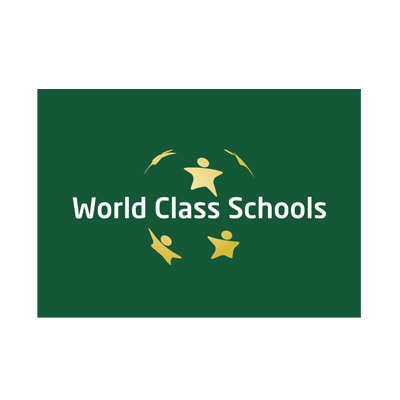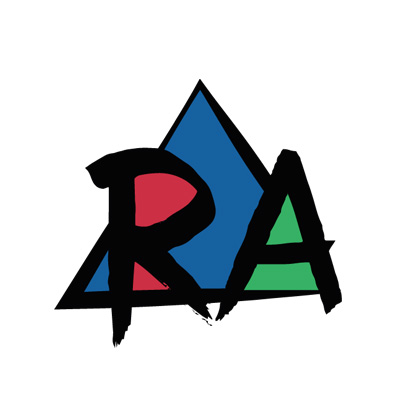English
About the Department
Head of Department: Miss C Rowe
KS3 Manager: Mr N Higham
KS4 Manager: Ms K Williams
KS5 Manager: Mr J Renee
Teaching staff: Mr N Higham, Mrs D Middlecoat, Mr M Oliver, Mr J Renee, Ms K Williams, Mrs Murray, Ms Duizend, Mr N Draper and Mrs S Brown
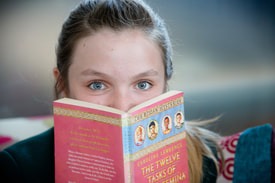
Key Stage 3 English
What you will study:
In each year of study, students will undertake six units introducing them to a range of topics such as: Shakespeare, poetry, prose, and creative and non-fiction writing. Across the key stage, students will develop many of the core skills required for success at GCSE.
Course Content:
Poetry
Non-Fiction
The Novel
Shakespeare
Pre-1914 Literary Heritage
Creative Writing
Assessment:
Students are assessed by one teacher marked reading, writing or speaking and listening focused assessment per half term. They will receive individual focused targets to ensure skills are proficiently developed to prepare them for GCSEs.
Extension Studies:
Pupils can nurture their love of both fiction and non-fiction books in our comfortable and highly popular Reading Room. They are also welcome to join the KS3 Book Club which meets weekly.
World Book Day
Debate Club
Rotary Club Public Speaking competitions
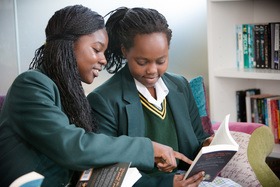
Key Stage 4 English
Year 10 – What you will study this year:
Pupils study English Language and English Literature concurrently. The courses were designed to be co-teachable; they encourage the skills required for the language papers to be developed through the study of the literature texts. Pupils will be exposed to a range of challenging prose, poetry and drama texts. They will develop their communication, analytical and inference skills, as well as their confidence as independent learners.
Topic list English Language:
Reading comprehension of unseen fiction and non-fiction texts
Writing skills
Non-examination assessment – Spoken Language
Topic list English Literature:
Shakespeare play
19th century prose
Modern text
Anthology of Poetry
Unseen Poetry
Exam board:
AQA GCSE English Language 8700 and AQA GCSE English Literature 8702
Assessment:
Each GCSE is assessed through two terminal examinations and will be awarded a grade between 1-9.
Extension Studies:
Jack Petchey Speak Out Challenge
Papatango scriptwriting workshops
KS4 Book Club
Debate Society
Theatre trips
World Book Day

Key Stage 5 English
English Literature A Level OCR H472:
This course comprises of two components and is assessed by two terminal examinations. Students will study: one set Shakespeare text, a collection of poetry and two America drama and prose texts from the period 1880-1940. They will also be expected to complete regular and extensive wider reading into this period of study, as directed by their course reading list.
Students will be exposed to international texts, away from the literary canon, to foster their critical skills and love of literature.
At A Level, students will sit two external exams. In addition to this, they will complete two non-exam assessed coursework tasks independently, which will account for 20% of their final A Level grade.
English Language and Literature EMC A Level OCR H474:
This course allows students to continue their concurrent studies of English Language and Literature to an advanced level. Students will study one collection of fifteen poems from poets such as Seamus Heaney and William Blake.
They will also study a collection of non-fiction extracts from a range of forms and contexts, as well as a play and a modern text. In addition to their literary studies, students will develop their own writing skills; they will produce creative tasks with supporting reflective commentaries, exploring their own intentions and methodology. Students will develop a detailed knowledge and understanding of language, linguistics and literature at an advanced level.
This course is assessed through a coursework unit (20%) and three terminal examinations (80%).
Extra-curricular activities:
Theatre trips
Literary conferences
Exam workshops
Debate Society
Literary exhibitions and study days
Papatango scriptwriting workshops
Rotary Club Public Speaking competitions
Young Reporter Scheme
Reading recommendations by key stage:
https://schoolreadinglist.co.
The Book Trust has a fantastic selection of books recommended for teens:
Fiction:
https://www.booktrust.org.uk/
Non-fiction:
An easy way for teens to discover recommendations based on the genres they enjoy:
https://www.booktrust.org.uk/
Graphic and Verse Novels are relatively new genres that are popular with teens:
https://www.booktrust.org.uk/
https://www.booktrust.org.uk/
Carnegie Shortlist: recent publications that have been nominated for this prestigious award:
https://yotocarnegies.co.uk/
Waterstones also allows you to filter by age:
https://www.waterstones.com/
